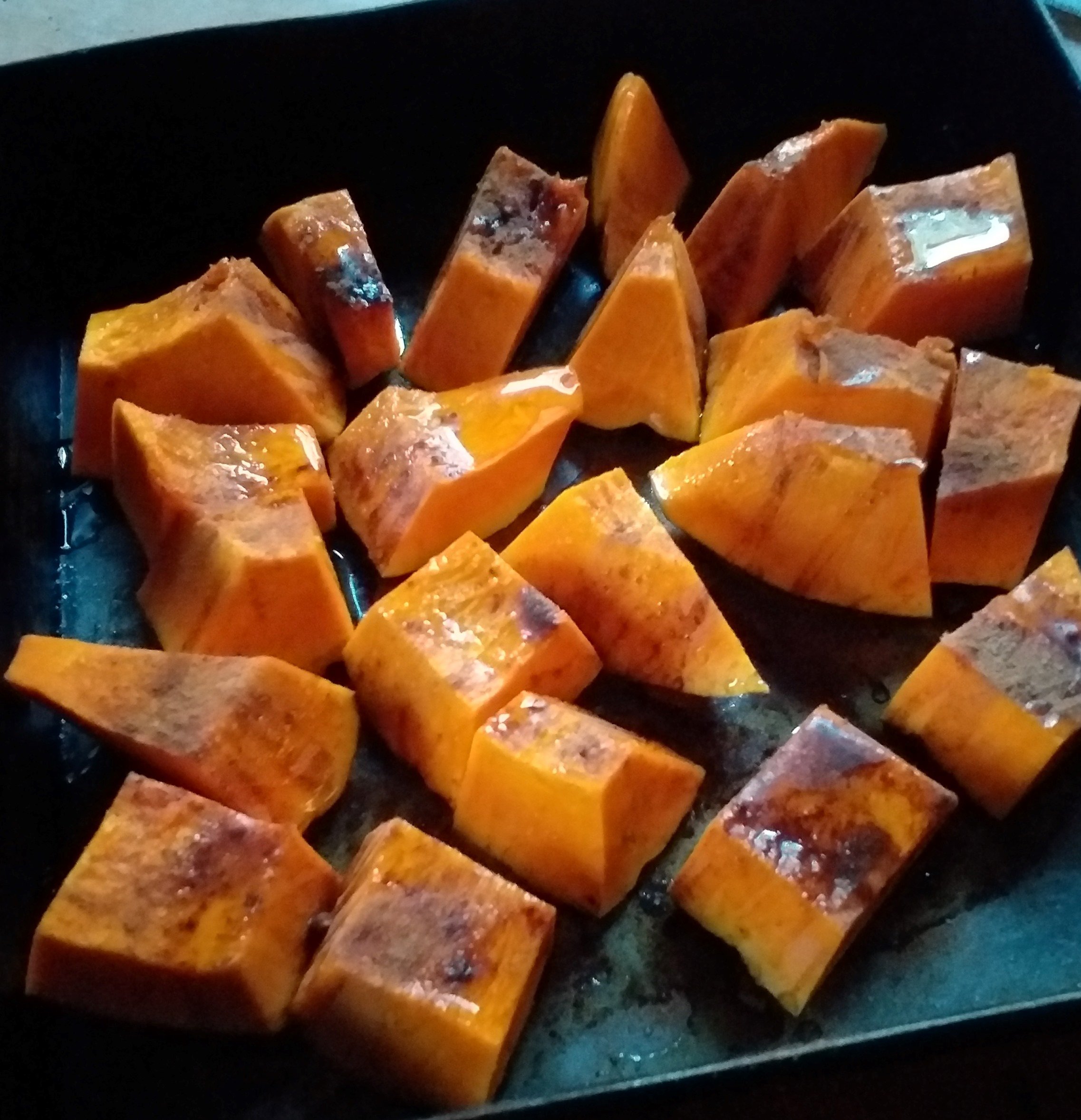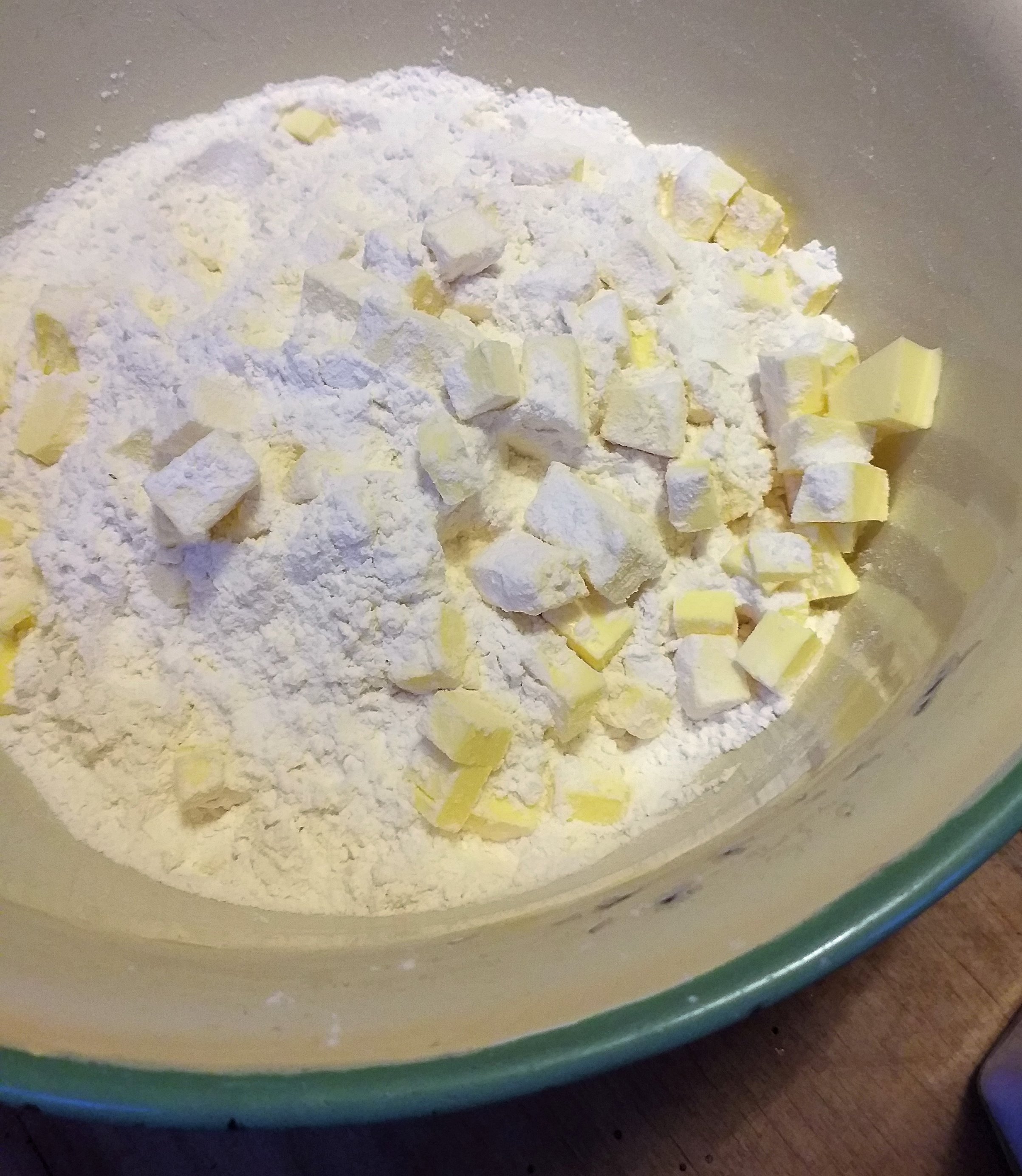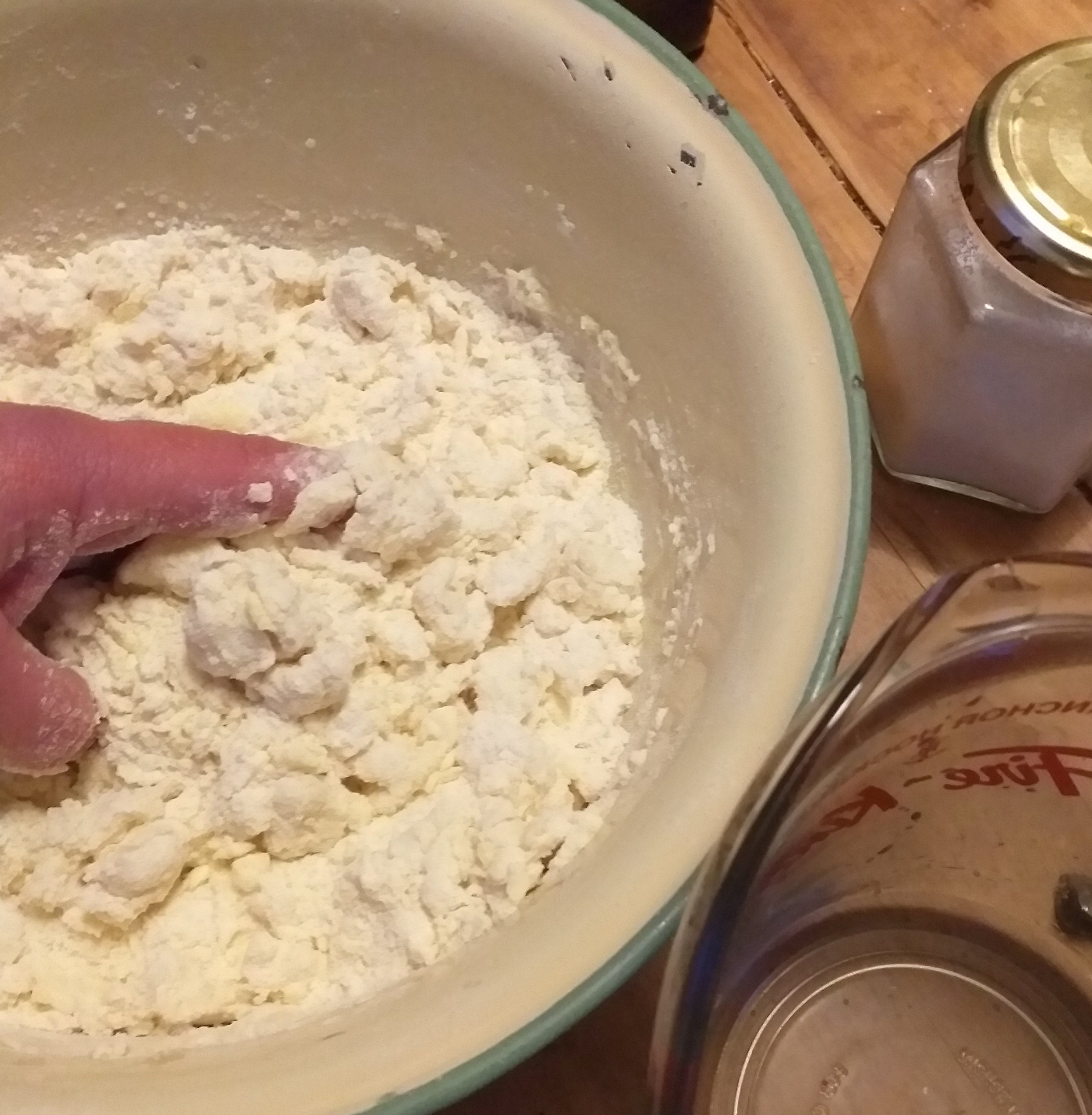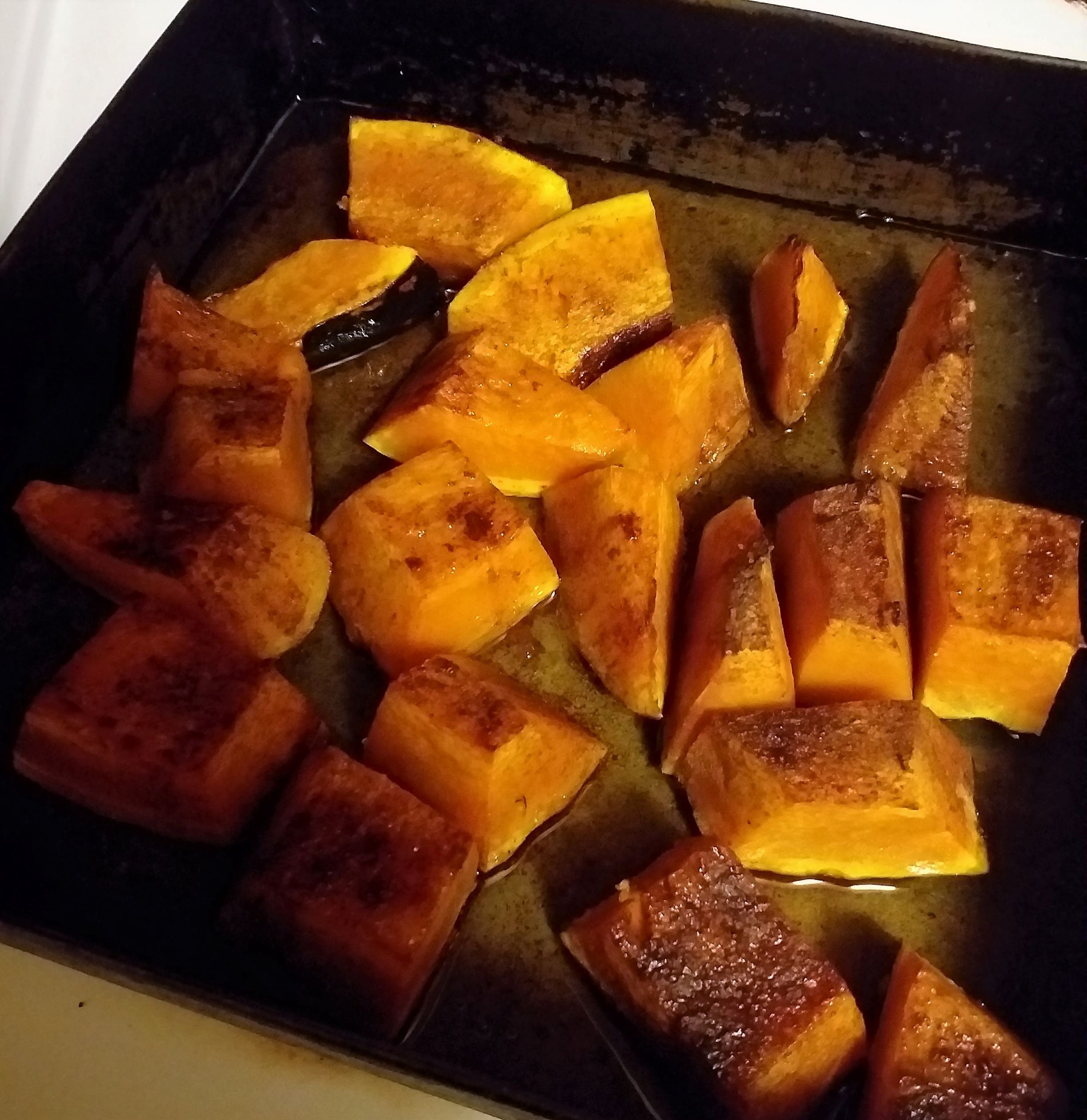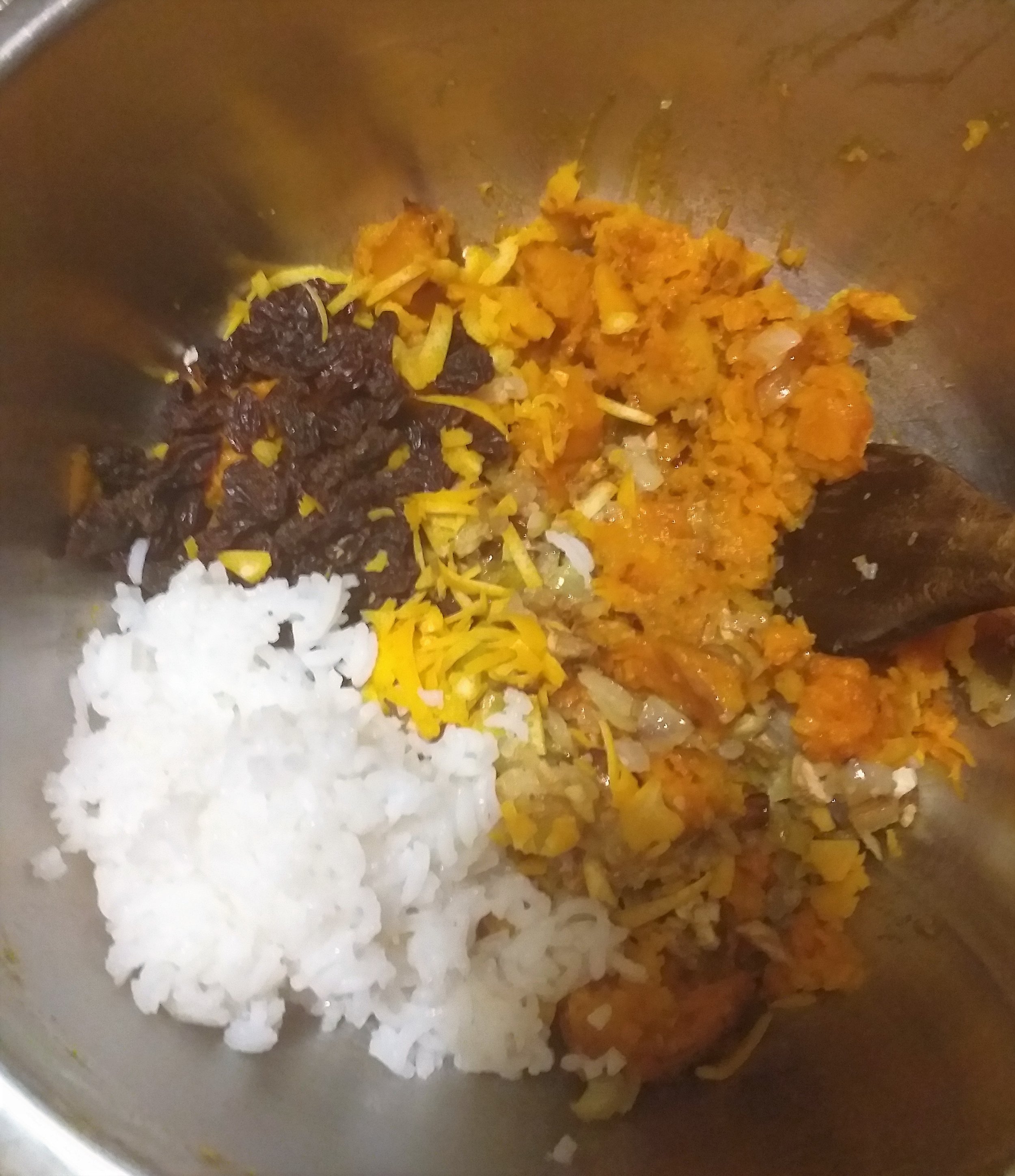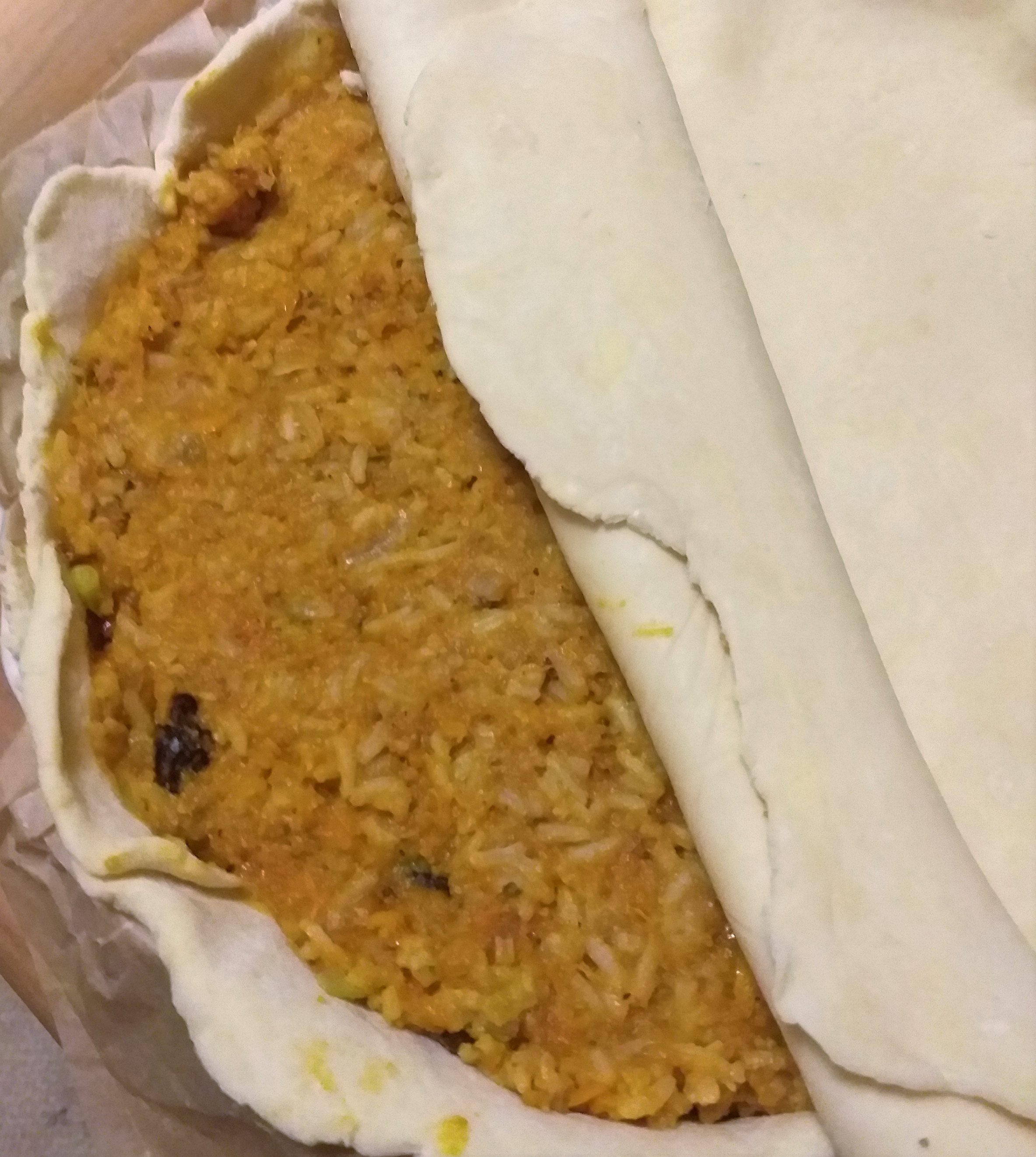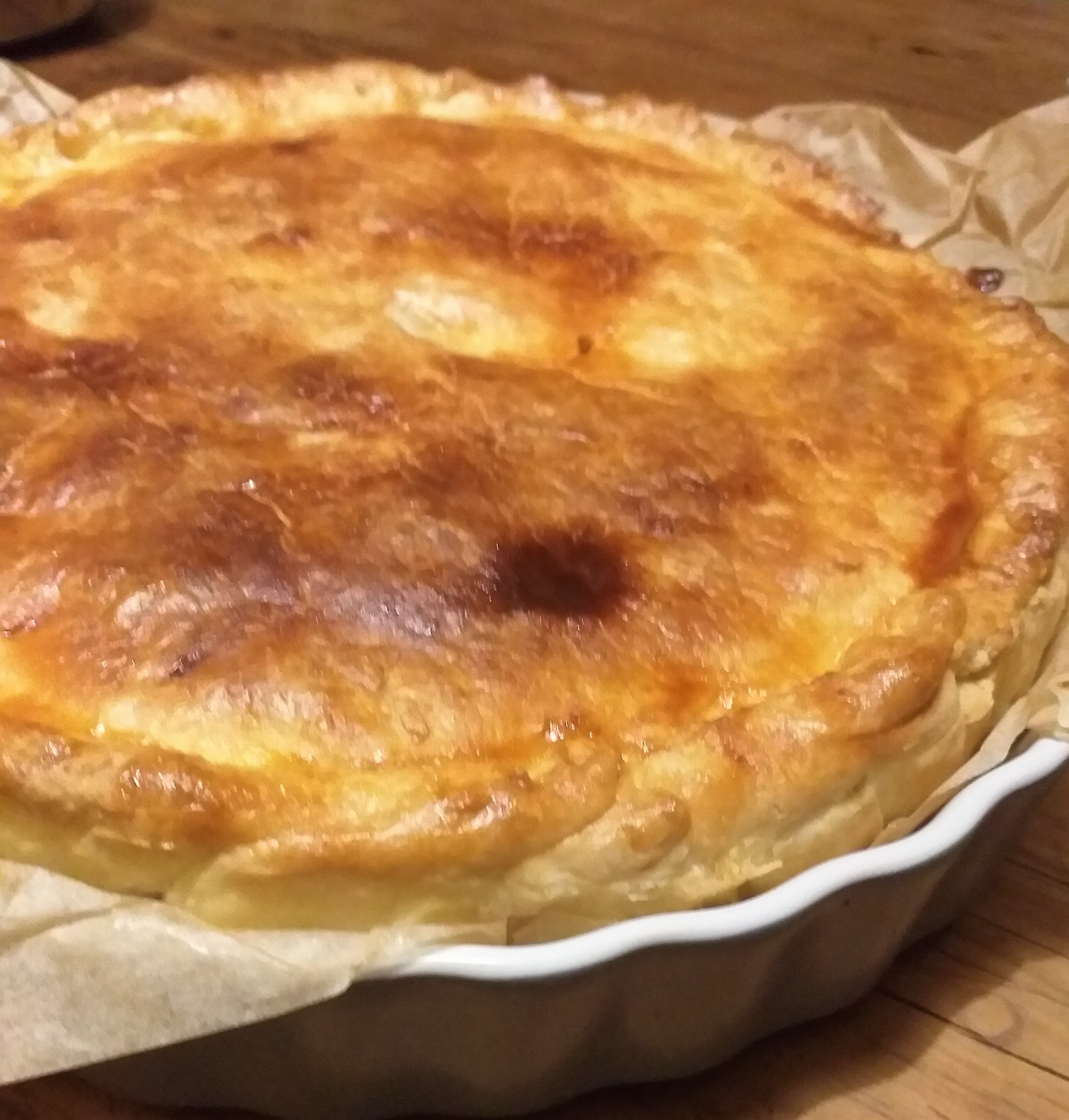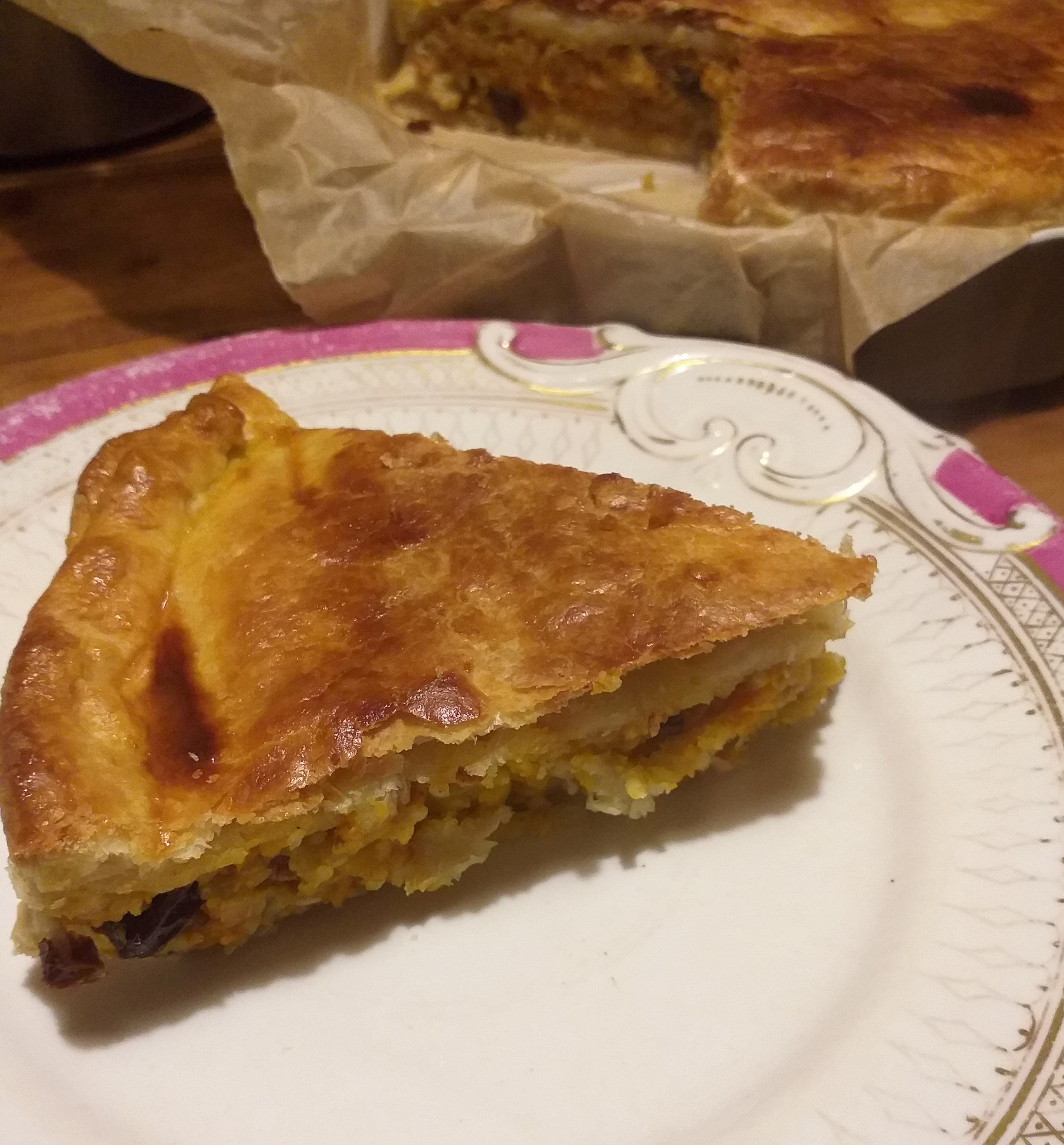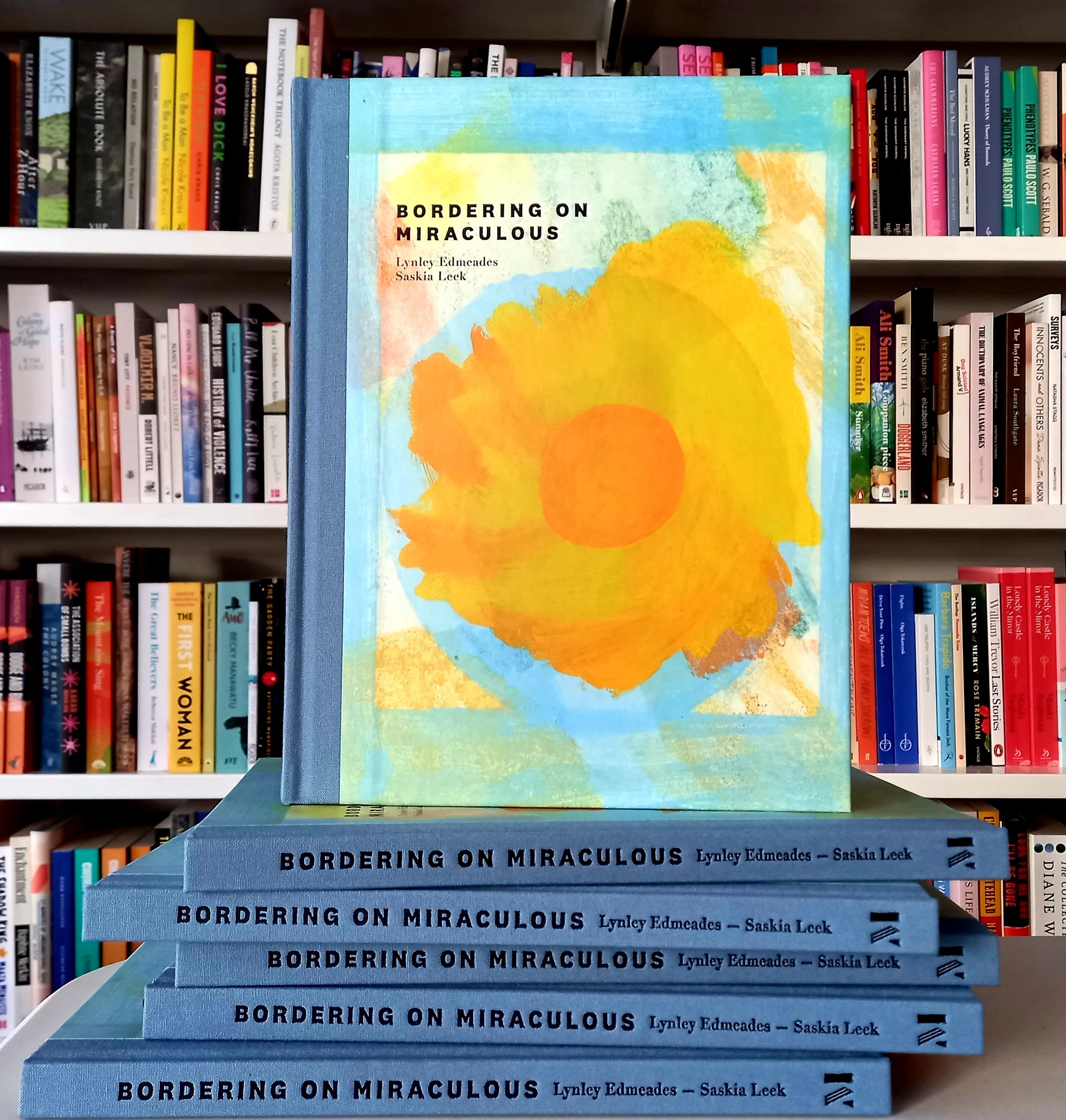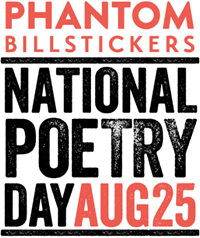How does a word reveal its meaning at the same moment as it becomes strange to us, he wondered. Or should that be the other way round, how does a word become strange to us at the same moment as it reveals its meaning. Same difference, though he was a little surprised. No closer to an answer in any case. Words, experiences, thoughts, the same principle seems to apply, he thought, or certainly its inverse, or complement, or opposite, or whatever. Familiarity suppresses meaning, he thought, the most familiar is that for which meaning is the least accessible, for which meaning has been obscured by wear until a point of comprehensibility has been attained, a point of dullness and comfort, a point of functional usefulness, if that is not a tautology, a point of habituation sufficient for carrying on with whatever there is to which we are inclined to carry on, if there is any such thing to which we are so inclined. Perhaps ‘meaning’ is not the right word. Or ‘strange’. Or the others. I should maybe start again and use other words, or other thoughts, or both, he thought. All philosophical problems can be solved by changing the meanings of the words used to express them, he had somewhere read, or written, or, more dangerously, both. All that is not the same or not exactly the same as to say that the simplest thing carries the most meaning but is too difficult to think about so we complicate it until we can grasp it in our thoughts, at the moment that its meaning is lost, the moment of comprehension, he thought. Again this strange use of the word ‘meaning’, whatever he meant by that, he was no longer sure. The everyday is that to which we are most habituated, that of which we are the most unaware, or the least aware, if this is not the same thing, to help us to survive the stimulation, he thought, a functional repression of our compulsion to be aware, but this comes at the cost of existing less, of being less aware, of becoming blind to those things that are either the simplest or the most important to us or both. Our dullness stops us being overwhelmed, awareness being after all not so much rapture as terror, not that there was ever much difference. Life denuminised, that is not the word, flat. How then to regain the terrible paradise of the instant, awareness, without risking lives or sanity? How to produce the new and be produced by it? These are not the same question but each applies. They are possibly related. Perhaps now, he thought, I should mention this book, Bordering on Miraculous, a collaboration between poet Lynley Edmeades and painter Saskia Leek, as there appear to be some answers here or, if not answers, related effects that you could be forgiven for mistaking for answers even though there are no such things as answers. Near enough. Poetry seems sometimes capable, as often here, of briefly reinstating awareness, as does the discipline of painting, as does the presence of a baby as it simultaneously wipes your mind. And alters time. What a relief, at least temporarily, to lose what made you you, he thought, or remembered, or imagined that he remembered. What a relief to be only aware of that which is right now pressing itself upon you, or aware only, though only aware is the more precise choice. “Which is more miracle: the things / moving through the sky or the eyes that move / to watch them” asks the poet, looking at a baby looking, he assumes. Such simplicities, the early noticings of babies, infant concepts, are the bases of all consciousness, he ventured, all our complexities are built on these. The first act of comprehension, he thought, is to divide something from that which it is not. “A border is / as a border does.” This book, the poems and the paintings in this book, continually address this primal impulse to give entities edges or to bring forth entities through their edges. All knowledge is built from this ‘bordering’, he thought, but it is always fragile, arbitrary, subject to the possibility of revision, more functional than actual. The second act of comprehension is to associate something with something that it is not (“One cannot help but make associations,” the poet writes), but it is never clear to what extent such associations are inherent in the world or to what extent they are mental only, the result of the impulse to associate, he thought. Not that this matters. Everything is simultaneously both separating and connecting, it is too much for us to sustain, we would be overwhelmed, we reach for a word, for an image, for relief. We pacify it with a noun. To some extent. To hold it all at bay. But also perhaps to invite the onslaught, he wondered, perhaps, he thought, the words release what the words hold back, perhaps these words can reconnect while simultaneously holding that experience at bay. Not that that makes any sense, or much. “One / cannot help but make / nouns,” the poet writes, but there is always this tension, he thinks, between accomplishment and insufficiency in language, never resolved, the world plucking at the words and vice-versa: “Something is there that doesn’t love a page.” “It is this kind of ordinary straining / that makes the margins restless.” The most meaningful is that which reaches closest to the meaninglessness that it most closely resembles. He has thought all this but his thoughts have not been clear, he has lost perhaps the capacity to think, not that he ever had such a capacity other than the capacity to think he had it. He feels perhaps he has not been clear but this beautiful book by Edmeades and Leek is clear, these poems and these paintings address the simplest and most difficult things, the simplest are the most difficult, and vice-versa, this conversation, so to call it, between a poet and a painter, reaches down to the bases of their arts, he thought, to the primalities of consciousness, have I made that word up, a gift to us from babies, perhaps the babies we once were. It is not as if we ever escape the impulses we had as babies. A baby comes, the world is changed. “Goodbye to a future / without this / big head / in it.”

